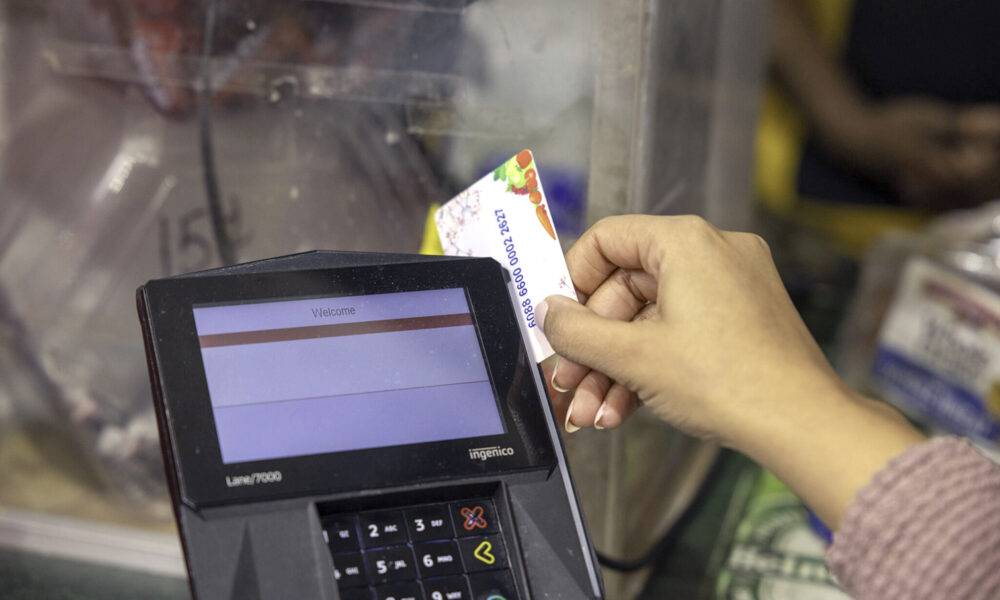As the federal government shutdown continues into its 17th day, the potential impact on food assistance programs has alarmed state officials across the United States. Without a resolution in sight, millions of Americans risk losing access to the Supplemental Nutrition Assistance Program (SNAP), which is vital for their food security.
Officials from several states, including Minnesota, Kansas, New Hampshire, and New Mexico, have raised concerns regarding the possibility of halting or delaying benefits. Brooke Rollins, the U.S. Secretary of Agriculture, indicated that SNAP could run out of funds in as little as two weeks if Congress fails to act. “You’re talking about millions and millions of vulnerable families that are not going to have access to these programs because of this shutdown,” she stated during a press briefing outside the White House.
In Minnesota, state officials have already suspended new enrollments in SNAP. This program, administered by the U.S. Department of Agriculture (USDA), serves more than 42 million Americans. It receives nearly all of its funding from the federal government, while state agencies manage the distribution of benefits. The USDA has taken steps to prepare for potential disruptions by instructing regional SNAP directors to halt work on upcoming benefit distributions.
According to an October 10 letter from Ronald Ward, the acting associate administrator for SNAP, the USDA is facing operational challenges due to the ongoing shutdown. Ward stated, “Considering the operational issues and constraints that exist in automated systems, we are forced to direct states to hold their November issuance files and delay transmission to state EBT vendors until further notice.” This directive affects ongoing SNAP benefits as well as new applications.
The USDA has already redirected over $300 million in tariff revenue to support the Special Supplemental Nutrition Program for Women, Infants, and Children (WIC) through the end of the month. This funding maneuver demonstrates the urgency of the situation, as the shutdown has lasting implications for food assistance programs.
The shutdown began on October 1, 2023, after Congress failed to reach a bipartisan agreement on a continuing spending resolution. Democrats in the Senate have advocated for negotiations to extend enhanced tax credits related to the Affordable Care Act, which are set to expire at the end of the year. Meanwhile, Republicans have pushed for passage of a House-approved stopgap funding bill that does not address these health insurance premium issues.
As negotiations remain stalled, state officials are left to grapple with the fallout from the shutdown. They are urging Congress to prioritize the needs of citizens relying on SNAP and other essential services. The potential loss of food assistance could have dire consequences for millions of families, underscoring the urgency for a resolution to the ongoing governmental impasse.







